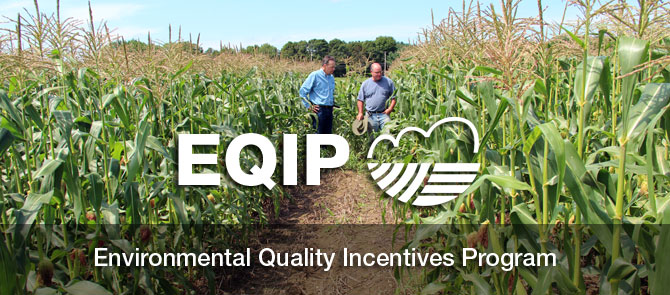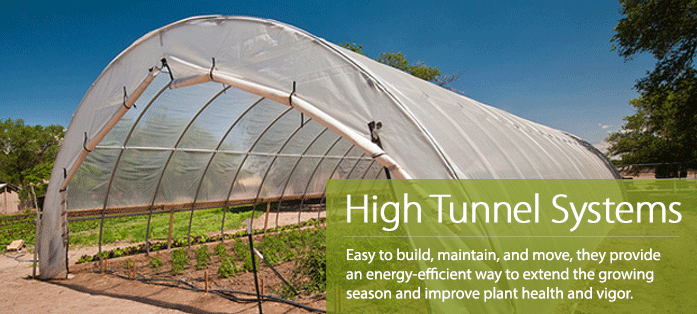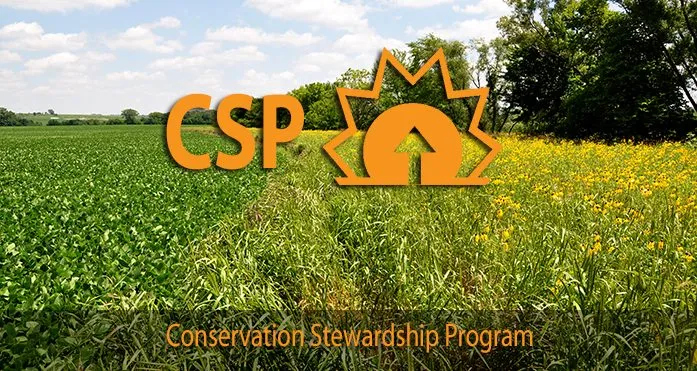USDA
Farm Bill Practices
Protecting Our Natural Resources
Every day Lapeer Conservation District partners with NRCS (Natural Resource Conservation Service)to work with Lapeer and Oakland County farmers, ranchers and forest landowners to make improvements on working lands that help soil, water, air and wildlife while ensuring the lands remain productive and resilient.
For more information for the practices shown below and many others please click here
Environmental Quality Incentives Program (EQIP)
The Environmental Quality Incentives Program (EQIP) provides technical and financial assistance to producers to address natural resource concerns and deliver environmental benefits such as improved water and air quality, conserved ground and surface water, increased soil health and reduced soil erosion and sedimentation, improved or created wildlife habitat, and mitigation against drought and increasing weather volatility.
Forestry Management Practices
Before and after photos for the EQIP Brush Management that Tall Trees Sanctuary did, 2023.
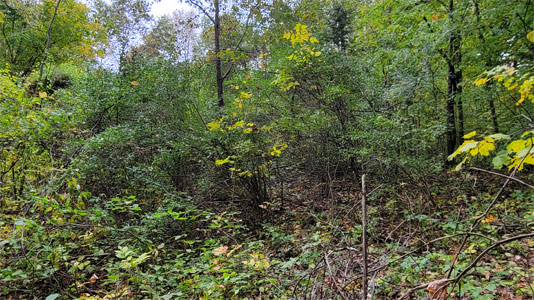
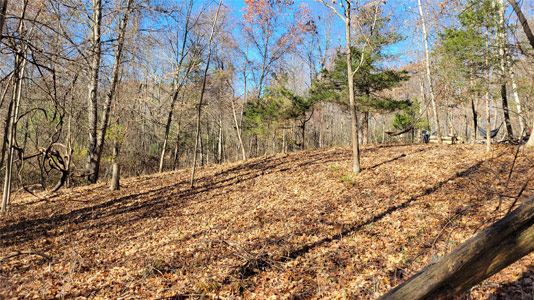
High Tunnel Systems
A High Tunnel System, commonly called a “hoop house,” is an increasingly popular conservation practice for farmers, and is available with financial assistance through EQIP. High tunnels protect plants from severe weather and allow farmers to extend their growing seasons – growing earlier into the spring, later into the fall, and sometimes, year-round.
And because high tunnels prevent direct rainfall from reaching plants, farmers can use precise tools like drip irrigation to efficiently deliver water and nutrients to plants. High tunnels also offer farmers a greater ability to control pests and can even protect plants from pollen and pesticide drift.
Conservation Stewardship Program (CSP)
The Conservation Stewardship Program (CSP) offers technical and financial assistance to help agricultural and forest producers take their conservation efforts to the next level. The program is designed to compensate agricultural and forest producers who agree to increase their level of conservation by adopting additional conservation activities and maintaining their baseline level of conservation. CSP is for producers who are passionate about conservation and environmental stewardship.
Conservation Reserve Program (CRP)
The Conservation Reserve Program (CRP) is a voluntary program that contracts with agricultural producers so that environmentally sensitive agricultural land is not farmed or ranched, but instead devoted to conservation benefits. CRP participants establish long-term, resource- conserving plant species, such as approved grasses or trees (known as “covers”) to control soil erosion, improve water quality and develop wildlife habitat. In return, FSA provides participants with rental payments and cost-share assistance. The contract duration is between 10 and 15 years.

